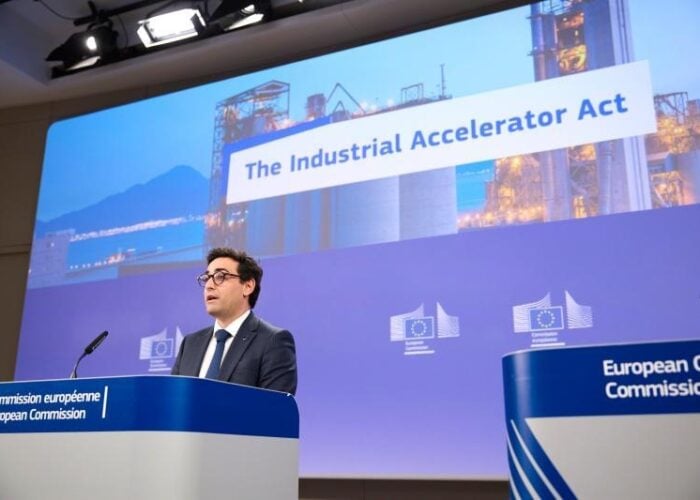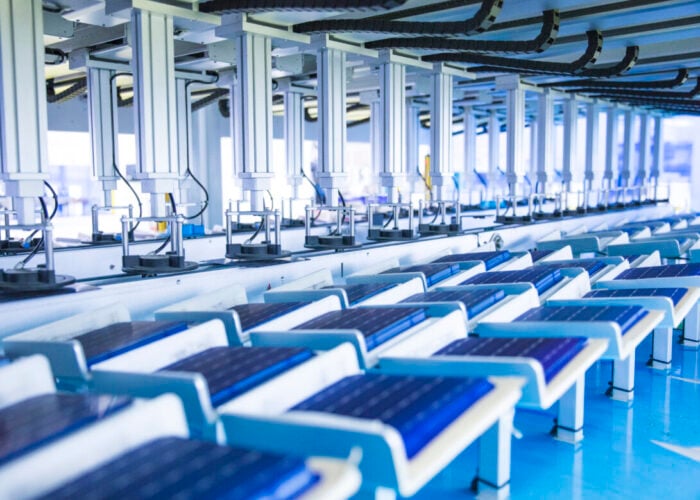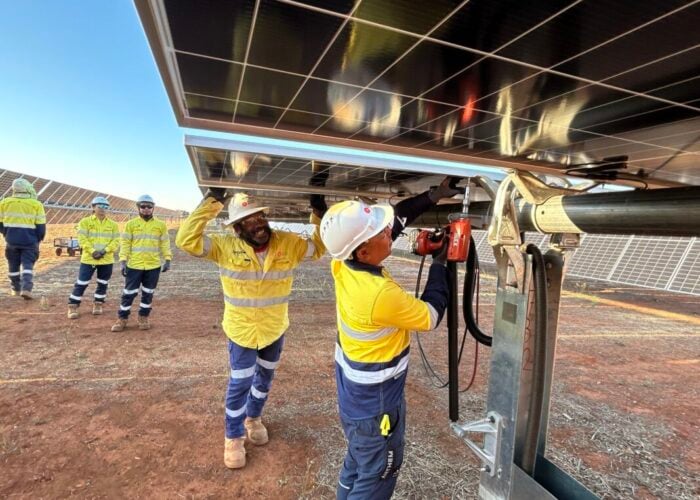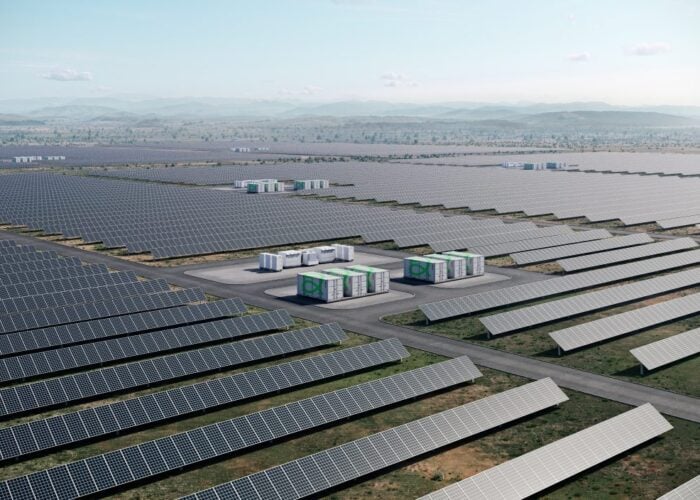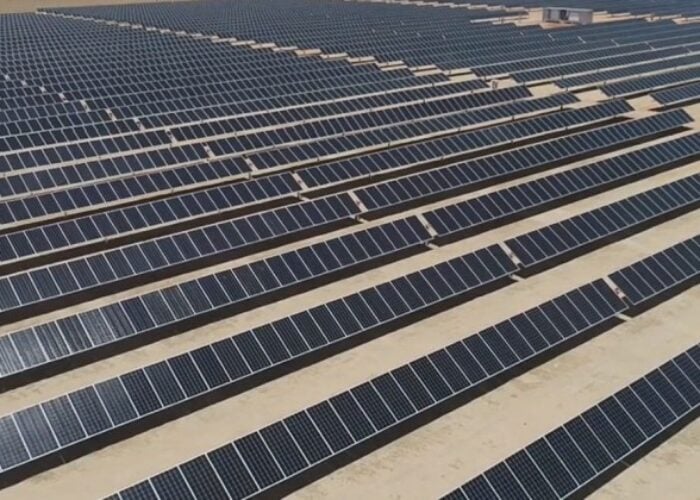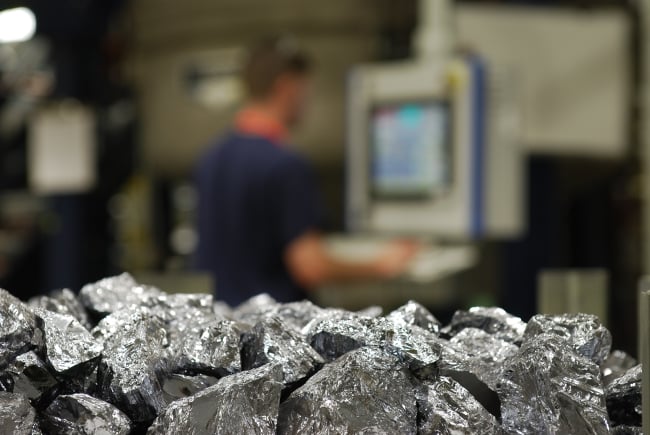
Australia must build out its solar supply chain, from silicon production to end-of-life processes, and reduce its reliance on imported cells and modules if it is to achieve its potential as a global PV superpower.
The findings of the ‘Australian Silicon Action Plan’ (ASAP), a report published by the country’s national science agency CSIRO and conducted by PWC, suggest that Australia could accelerate its energy transition and bolster the security of its supply chain – and by extension its energy security overall – by adopting a fully integrated domestic supply chain.
Try Premium for just $1
- Full premium access for the first month at only $1
- Converts to an annual rate after 30 days unless cancelled
- Cancel anytime during the trial period
Premium Benefits
- Expert industry analysis and interviews
- Digital access to PV Tech Power journal
- Exclusive event discounts
Or get the full Premium subscription right away
Or continue reading this article for free
The report said that between 2021-2050, solar PV is set to occupy approximately 50% of Australia’s energy mix. Global installations will have to triple in order to reach net zero 2050, according to recent research by BloombergNEF.
The ASAP outlines three ‘horizons’ for supply chain development: silicon production, solar cell manufacturing and an integrated supply chain.
Silicon production, and its purification into polysilicon, is overwhelmingly concentrated in China. Australia has significant reserves of quartz, which can be made into silicon, but the report highlights the need for attention to be paid to the domestic production process.
The global solar supply chain has been under increased scrutiny of late, with concerns around ESG and the traceability of component parts and modules. A US inquiry recently found that a number of solar companies were circumventing antidumping and countervailing duty taxes imposed on Chinese imports by relocating a portion of their operations to Southeast Asia.
Issues also arise around polysilicon supply; demand has outstripped supply this year, and power rationing and shortages in China have seen the price continue to rise over the course of 2022. Last month, PV Tech published a forecast of the global PV manufacturing market for 2023, which is set to see polysilicon supply and pricing dictate its direction. Last month signs emerged that the price of polysilicon has begun to drop.
CSIRO senior principal research scientist, Chris Vernon said: “Energy independence should be a top priority for Australia. The increasing pace of the energy transition and ever-increasing international demand for solar PV, combined with an ever-present focus on ESG issues, highlights the fragility of our current supply chains, and makes the pursuit of energy independence all the more important.”
Around the world, countries are pushing for domestic PV manufacturing and supply. The US’s game-changing Inflation Reduction Act has incentivised domestic manufacturing, the European Solar PV Industry Alliance was launched last week and India has set a 65GW domestic manufacturing target with its production-linked incentive scheme.
Vernon said: “The Australian Silicon Action Plan suggests a pathway for the creation of an industry that has the potential to provide employment and reskilling opportunities, the delivery of significant economic benefits that come from adding value to Australia’s mineral endowment, development of new industries in regional Australia with the world’s best ESG standards, all while improving Australia’s energy security and independence.”

